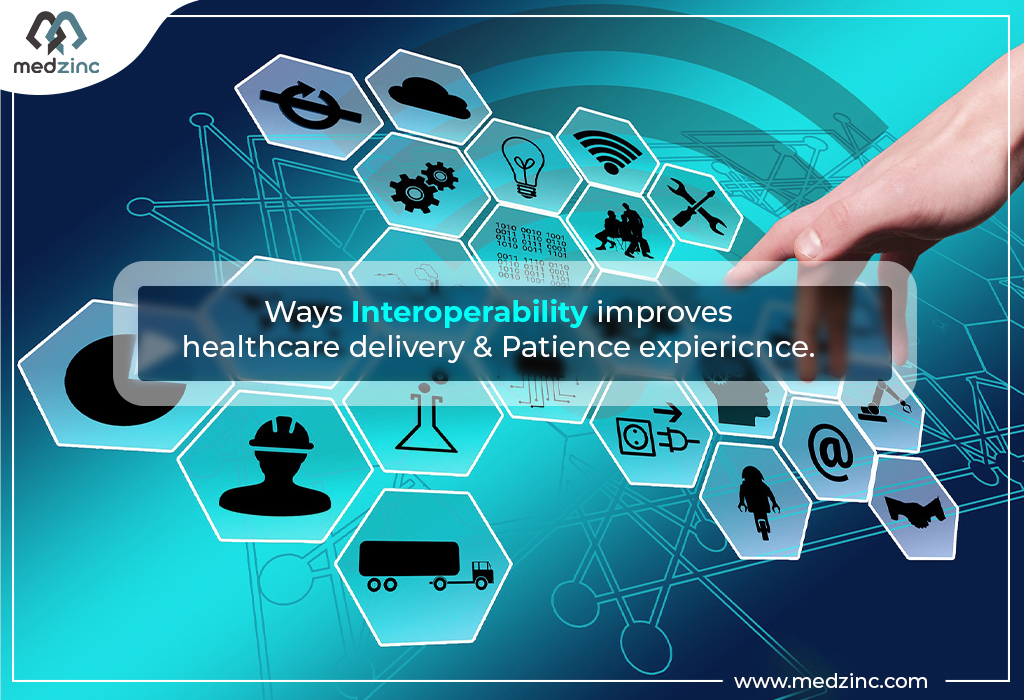
Ways interoperability improves healthcare delivery and patient experience
Interoperability is a major buzzword in the healthcare industry these days. But what is it exactly? And how can it improve healthcare delivery and patient experience? Interoperability has the potential to transform healthcare delivery and improve patient satisfaction. It directs better patient care because medical data can now flow seamlessly across the care network with interoperability and be easily accessed by care providers. Furthermore, by allowing different systems to communicate with one another, interoperability can assist providers in quickly and easily accessing patient data. As a result, providers can make better decisions and provide more coordinated care. Interoperability will also benefit patients, as they will have easier access to their medical records and will be able to receive more coordinated care. Nonetheless, it remains a conundrum in many healthcare organisations.As a result, we are back with yet another informative blog that will discuss how interoperability improves healthcare delivery.
Interoperability in Healthcare
Interoperability is the ability of different computer systems to exchange information and use the information that has been exchanged. Interoperability is important in the healthcare industry because it allows different systems to communicate with each other. This communication allows different systems to share data and use that data to improve the healthcare delivery and patient experience. We are on the cusp of a healthcare revolution, and interoperability is the key to making it happen. By allowing different systems to communicate with each other, we can break down the barriers that have kept us from sharing information and improving patient care. With the right tools and standards in place, we can make the dream of a truly connected healthcare system a reality.
Ways interoperability improves healthcare delivery
- Healthcare Interoperability allow Safer transitions of care
- Interoperability Elevates clinician efficiency
- Interoperability is Time-efficient
- Interoperability lower healthcare costs
- Interoperability Helps keep Patient privacy secure
- Interoperability limits the chance of medical errors.
Interoperability is the ability of different systems, devices, and software to communicate and work together. In healthcare, this means that different electronic health records (EHRs) can share patient data. The benefits of interoperability are numerous. When different systems are able to communicate with each other, it can make the entire healthcare system run more smoothly. For example, if a patient is seen by a provider in one system, but their records are in another system, the provider may not have access to important information about the patient’s health history. But if the two systems are interoperable, the provider will be able to see the patient’s records and make more informed decisions about their care. Not only does interoperability improve care quality, but it can also make the healthcare system more efficient. When providers have access to all of the information they need, they can avoid duplicate tests and procedures. This can save both time and money. Patients can also benefit from interoperability. When their records are accessible to all of their providers, they can avoid having to repeat their health history each time they see a new provider. This can save time and frustration for both patients and providers. Overall, interoperability has the potential to greatly improve healthcare delivery and patient experience. When systems are able to communicate with each other, it can make the entire system run more smoothly and efficiently. This can lead to better care for patients and a more positive experience for everyone involved.
Related Post
No results.